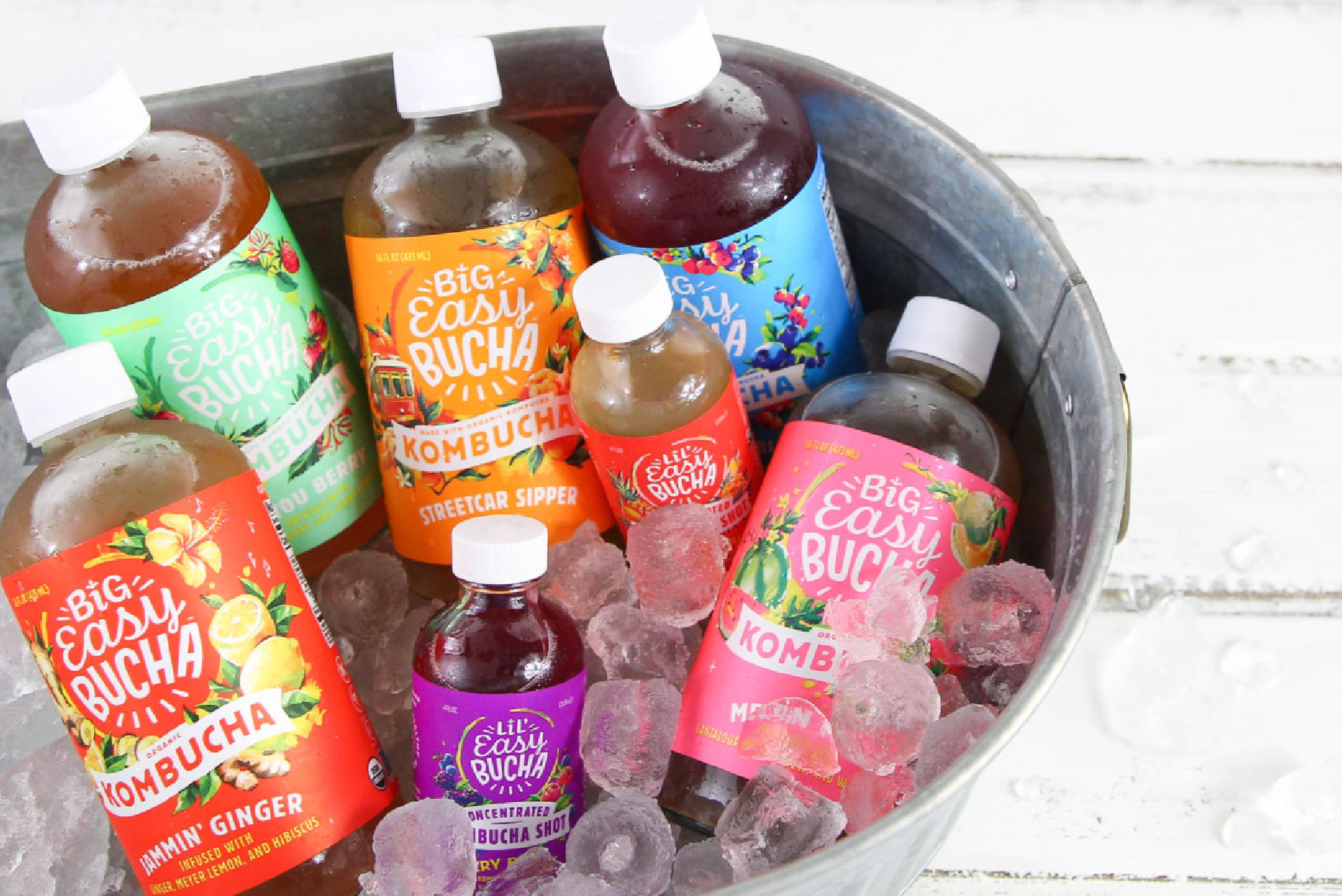
What Marketers Need to Know About Functional Beverages
Consumers are savvier than you think and don’t need you to tell them exactly what your beverage can do for them.
Functional beverages have become extremely popular in the last few years, and they come with new and different challenges for marketers compared to standard drinks. A functional beverage usually provides some additional health benefits or performance-enhancing capabilities. This varies widely from energy drinks to fermented beverages and even enhanced water.
These drinks have seen a huge influx of venture capital investment to the tune of $170 million up from $111 in 2017, according to Pitchbook data. Kombucha and fermented beverages have seen huge growth and are predicted to continue growing in the coming years. These beverages are minimally processed and are said to contain vital antioxidants and probiotics that help with gut health. But while these beverages present health benefits to consumers, it has become increasingly difficult to convey those in marketing and advertising.
Kombucha and fermented beverages are expected to increase by 31.4% with the majority of that coming from drugstore sales.
BevNET, 2018
Functional Beverage Marketing Woes with Promoting Benefits
Marketers tend to promote what they see as “key” benefits to their consumers to help differentiate them from competitors, which is usually accomplished in packaging and brand marketing. This has presented new challenges for beverage marketing as the FTC has been cracking down on beverage advertisers that make unsubstantiated claims.
The FTC states that advertisers “must have a reasonable basis for advertising claims before they are disseminated.” It isn’t enough for a brand to just pay for research and testing, but the medical research claims must be bulletproof for the advertising to be considered “substantiated.” An FTC ruling against beverage maker POM in 2015, that went to the Supreme Court, declared that “when an ad represents that tens of millions of dollars have been spent on medical research, it tends to reinforce the impression that the research supporting product claims are established and not merely preliminary.”
The FTC doesn’t consider how much money is spent on research to be proof of efficacy and declared that they must be supported by randomized, well-controlled human clinical trials to support their benefits. This has set the stage for many beverage makers avoiding making any direct claims on their packaging.
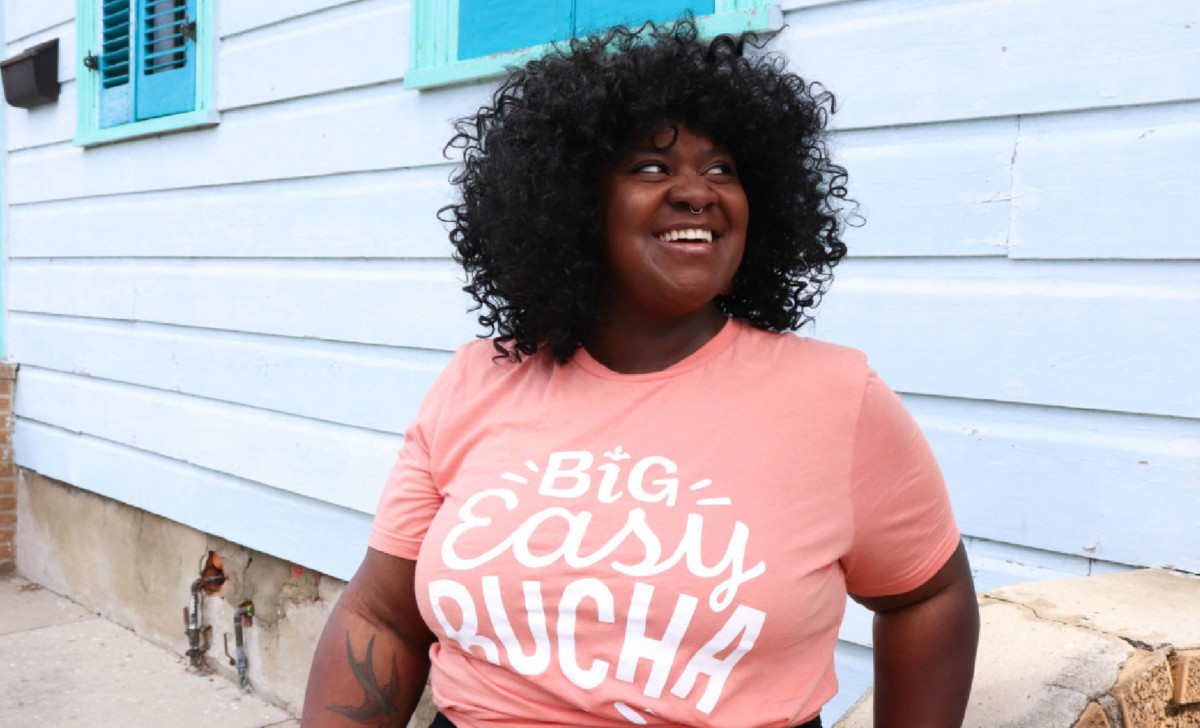
This type of ruling has led many functional beverage manufacturers to avoid making any claims while still seeking ways to convey the overall health benefits of their drinks. Alexis Korman, co-founder of Big Easy Bucha in New Orleans, Louisiana has seen the brand’s national distribution grow significantly but notes her frustration with what is considered “healthy” in food and beverages.
She says, “our society has associated hyper-processed, shelf-stable foods as ‘healthy’ and ‘safe’ for so long, that real, raw, unpasteurized foods tend to rock the boat and challenge the logic of static nutritional panels and consistent flavor profiles.” This has led their team to not make specific claims on their labels about health benefits that can’t be backed up by science.
While this may be frustrating, some experts are suggesting that brands don’t need to make bold claims on their packaging as consumers are becoming much savvier with ingredients and processing.
Velocity Catalyst, experts in regulatory compliance and beverage formula development, noted that many functional beverage startups aren’t equipped to scale their homegrown beverages to a large market. Monte Ammons, president of Velocity Catalyst, cautions beverage manufacturers to focus on what is in their drinks as opposed to what it does for the consumer.
“Consumers are smarter than ever before, so you can talk about minimal processing or the beverage’s origin instead of making bold claims. They are savvy enough to know the benefits.”
Monte Ammons, President Velocity Catalyst
Ammons believes that consumers are generally aware of different beverage categories like kombucha and fermented beverages, as well as their overall benefits, before making a purchase. As the distribution of these beverages has widened, the ingredients have become synonymous with their benefits. Ammons challenges owners and marketers to discuss the origin of their beverages or how it is made to better promote what makes them different from other brands.
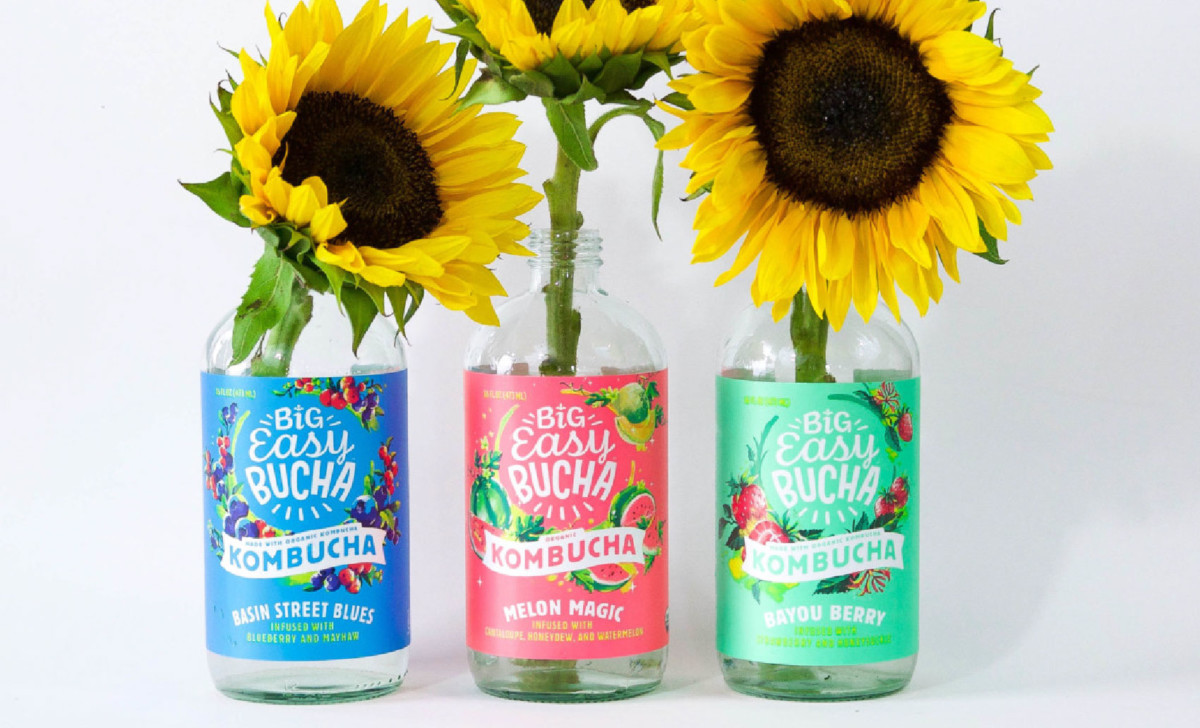
Tell Sustainability Stories and Not Just the Functional Benefits
While the rise of functional beverages has opened the door for increased consumer interest in drinking something that does more for them than just tasting good or quenching thirst, brands still have to compete to be the consumers’ choice on the shelf.
Big Easy Bucha, a New Orleans-based Kombucha manufacturer, chose to focus on their use of local ingredients and how they are involved in local workforce programs that promote goodwill to draw attention to their products. Korman continues, “since we’re real people making real drinks (not a giant, corporate-backed kombucha manufacturer), our marketing team focuses on interacting with customers at the micro-level in meaningful, fun ways.” Big Easy Bucha staff members engage directly with consumers through social media and newer platforms like Giphy.
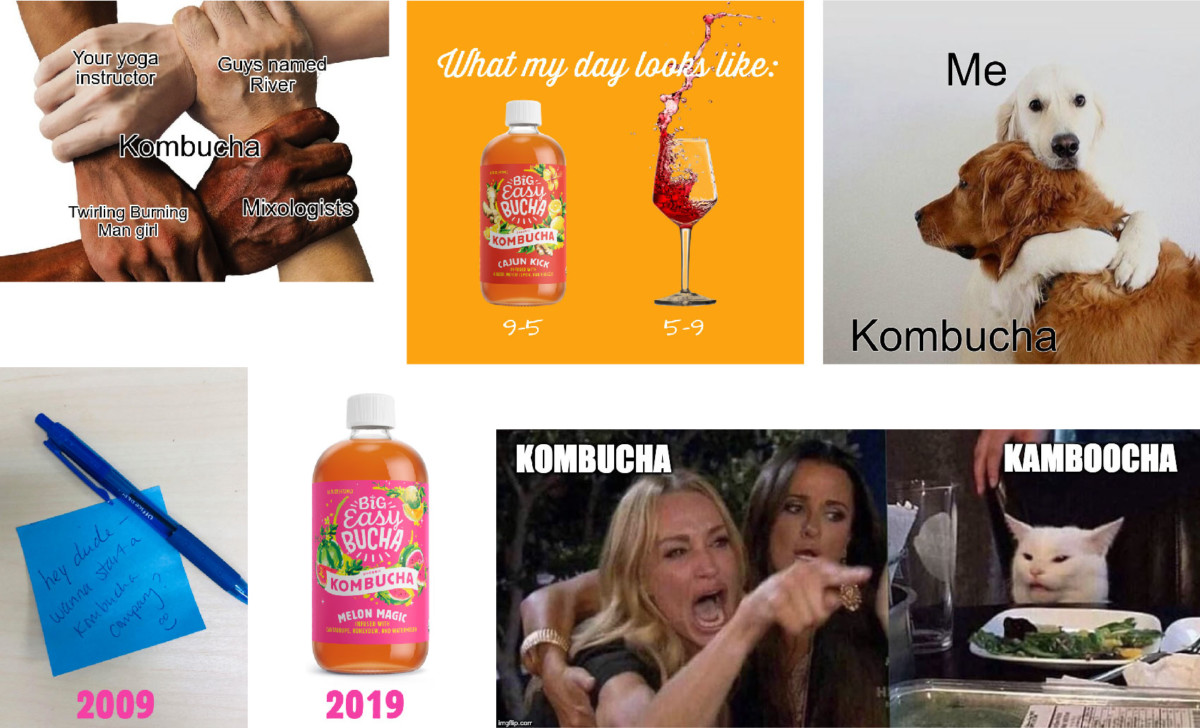
They promote the brand’s involvement with a nationwide program called STRIVE that seeks to provide skills and training to individuals with barriers to employment in the New Orleans area. Ten percent of their workforce is composed of graduates of the STRIVE program, and Big Easy Bucha believes it’s important to continue investing in New Orleans.
Consumers also want more insight into a company’s process and supply chain than ever before. Ammons reminds marketers that they, “can’t be disconnected from production and the supply chain. They need to understand ingredient sourcing and processing to communicate this information better to consumers.” Korman agrees that “transparency in the supply chain, sustainability and a move towards building a brand voice with a sense of humor are the three biggest trends for marketers of all CPG products to try and test in 2020.”
“Transparency in the supply chain, sustainability and a move towards building a brand voice with a sense of humor are the three biggest trends for marketers of all CPG products to try and test in 2020.”
Alexis Korman, co-founder of Big Easy Bucha
NYU Stern’s Center for Sustainable Business completed extensive research in 2019 into U.S. consumers’ actual purchasing habits of consumer packaged goods (CPG). Products that had a sustainability claim on-pack were up 29% since 2013. Also in more than 90% of the CPG categories, sustainability-marketed products grew faster than their conventional counterparts.
Bottled juices were among those with the highest share of growth in their category. Korman is excited about the sustainability shift in the marketplace. “What’s great about the paradigm shift back towards natural and minimally processed foods is that customers are asking more questions than ever before about what they buy and, more specifically, where ingredients come from.”
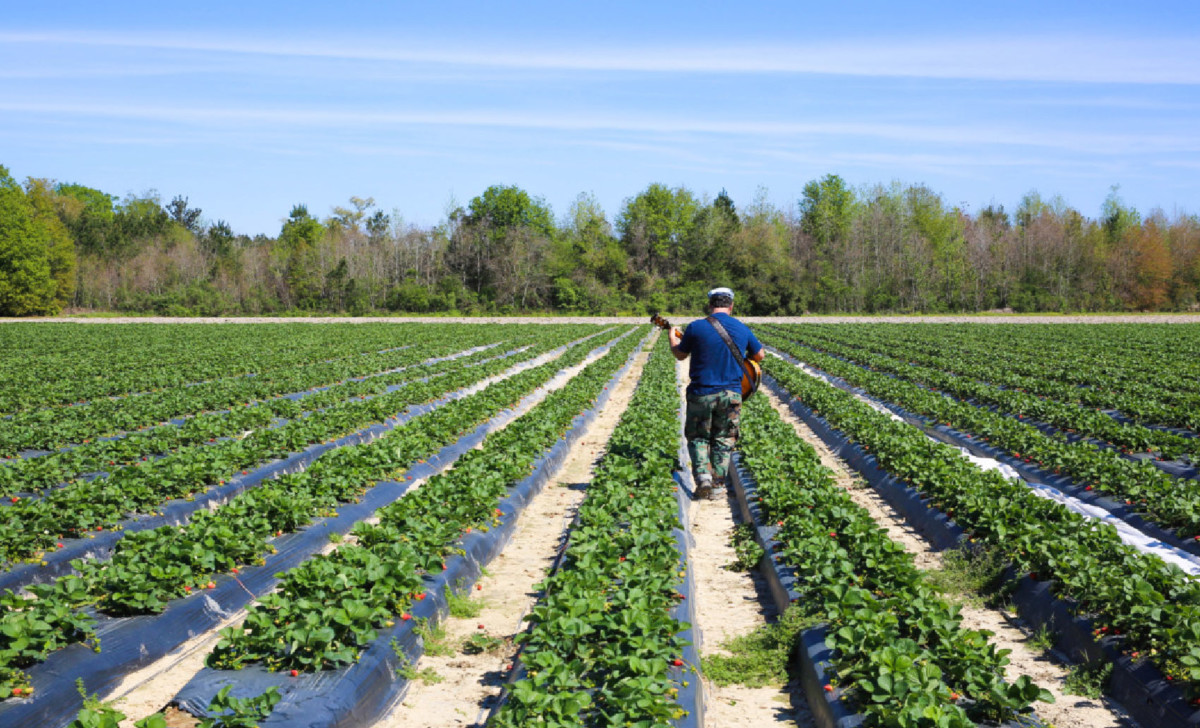
Savvy Consumers Seek Sustainable Beverages
Now that consumers are on the lookout for sustainable beverages that can help them live a healthier lifestyle, the brands that are speaking to this need are growing 5.6x faster, according to the NYU Stern report. Functional beverage brands need to speak directly to consumers about how their products are made and sourced and leave the bold claims out of the conversation. Telling consumers stories about the unique people and ingredients that go into making these functional beverages will be more effective, and consumers will be willing to put their money where their mouth is.

